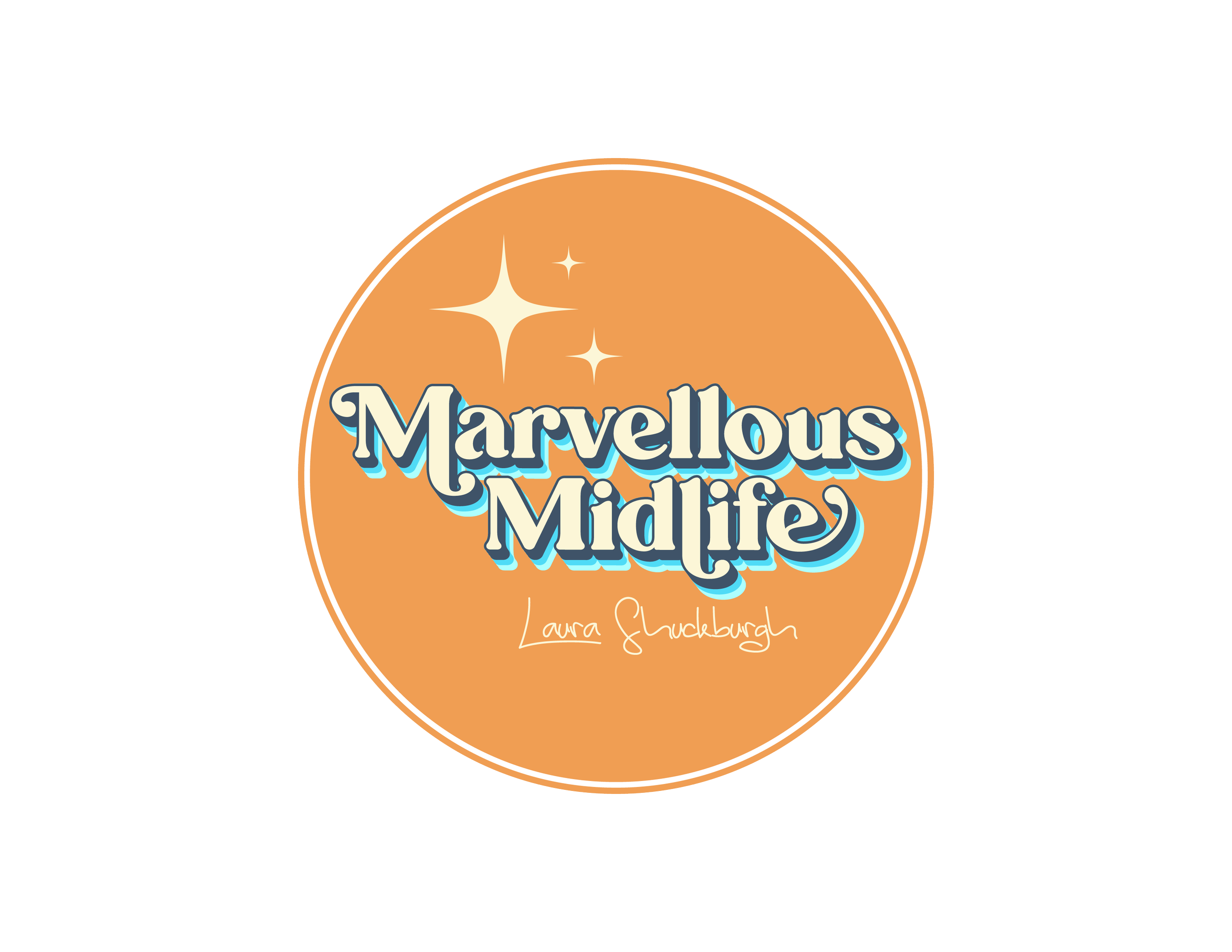A mindful menopause
Often when chatting to friends of a similar age and those I work with we share some of those ‘non
physical’ symptoms of menopause that bother us the most, the brain fog, the racing thoughts at 3am, searching for words that just wont come and anxiety.
My own menopause experience started while I was working in a busy career, leading teams and making complex decisions with lots of responsibility. But some days I would struggle to remember my own name let alone make a complex decision. I would sometimes get unexpected anxiety, something I had never experienced before, and to be honest it was scary!
With lots of support from my friends and GP I soon worked out I was not going crazy but was responding to changing hormone levels and whilst there were ways to manage some of these symptoms with HRT I also knew as a mindfulness practitioner and teacher I could better manage my response to these feelings too.
My mindfulness practice developed from an interest in meditation and its effects and many years of
experience as a complementary therapist. After training in mindfulness I became a practitioner and
teacher with an interest in ‘everyday mindfulness’ and working with individuals to build their
understanding of how bringing mindfulness into their daily lives can bring positive benefit.
So how can practising mindfulness help during the menopause?
Well, often we are faced with symptoms we don’t understand and at times don’t recognise as
menopausal. Mindfulness helps us to pay attention to what is happening in our bodies and to be
focussed in the present. This can help with many aspects of our menopause journey. Our symptoms,
our emotions and thoughts don’t change instantly because he have that ‘light bulb’ moment and/or
someone tells us ‘it’s the menopause’ it takes time and sometimes hormone replacement therapy or
not! The important thing about mindfulness practise is that we are aware and mindful of what is
happening to us and how we can manage this in our environment. And of course mindfulness is not
just a practice for the menopause its for everyone and anytime but for me it became a daily part of
my life at what was (and still is) a challenging time in my life.
In my own practice I developed a tool kit to help me in work circumstances, those difficult days
where I needed to make complex decisions without being able to remember what day it was. One of
those tools developed from my mindfulness practice was to take pauses that I called my PPP
moments, Pauses. Prevent. Panic. These pauses were mainly used when I started to feel a little
overwhelmed or when I could hear myself starting to stumble over something I was trying to saying.
Often all it took was a deep breath and a refocussing to the present moment and I could feel the
tension subside. On other occasions with would be a trip to the loo and a slightly longer pause in the
bathroom while I re centred myself and became present again.
Outside of work I often use my mindfulness meditation practice at night on those nights when
my mind is restless and I wonder whether I will get any sleep at all. Meditation is just one of the
tools in the mindfulness toolkit and the form I use can be used anywhere. Its not sitting cross legged
chanting or lying in a darkened room surrounded by crystals, although you can do this if you choose
to. The meditation I use and teach can be used anywhere from your desk, lounge to the beach or
even a crowded commuter train. It focusses on the breath and pays attention to feelings, thoughts
and emotions.
Anyone can develop their own mindfulness toolkit there are many resources available to do this, one
of the programmes in addition to one to one teaching is A Mindful Menopause. This is a six week
programme that introduces small groups (no more than 5 ) to the practice of mindfulness in a space
that is shared with like minded others. It is offered as an online course so wherever you are in the
world you can access the teaching and support for your mindfulness practice. Its suitable for
absolute beginners through to those with some knowledge and experience of mindfulness practice.
You can find out more by emailing Nicky gendersnicky@gmail.com with A Mindful Menopause in the
subject line.
Dr Nicky Genders is a mindfulness practitioner, teacher and consultant. She has over 30 years
experience in complementary therapies and has authored a number of papers and books on well
being.

